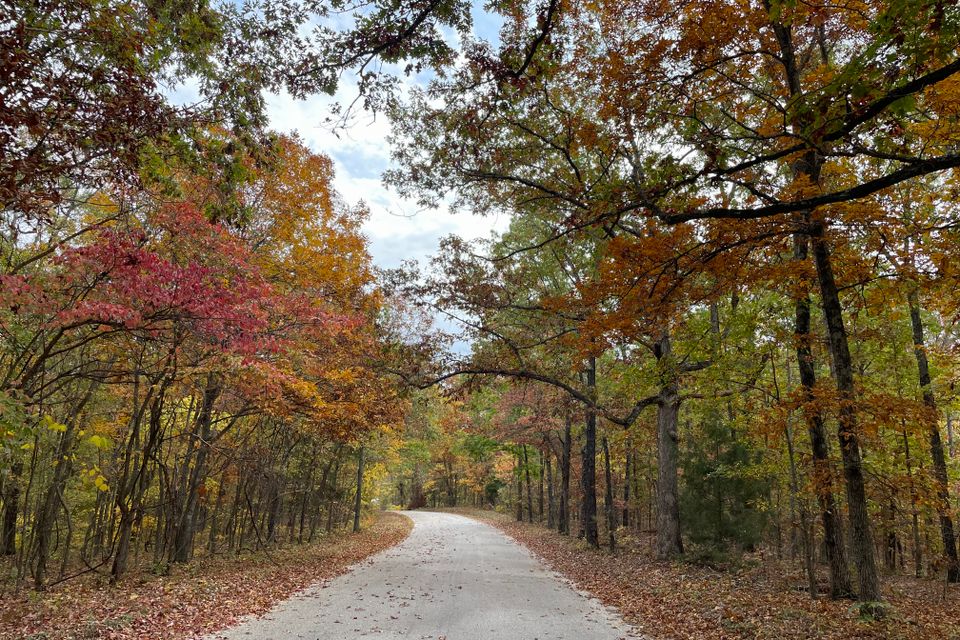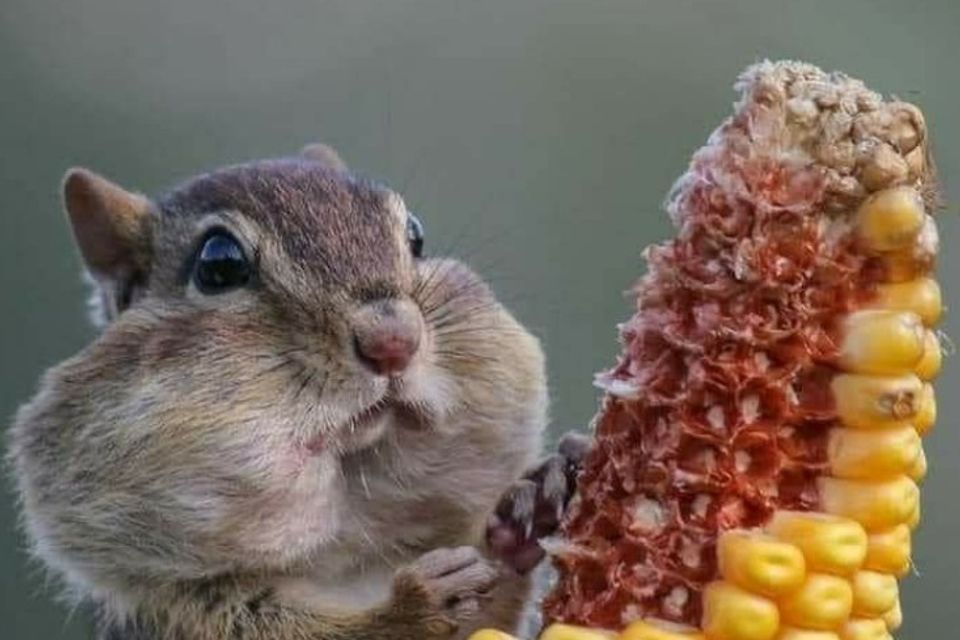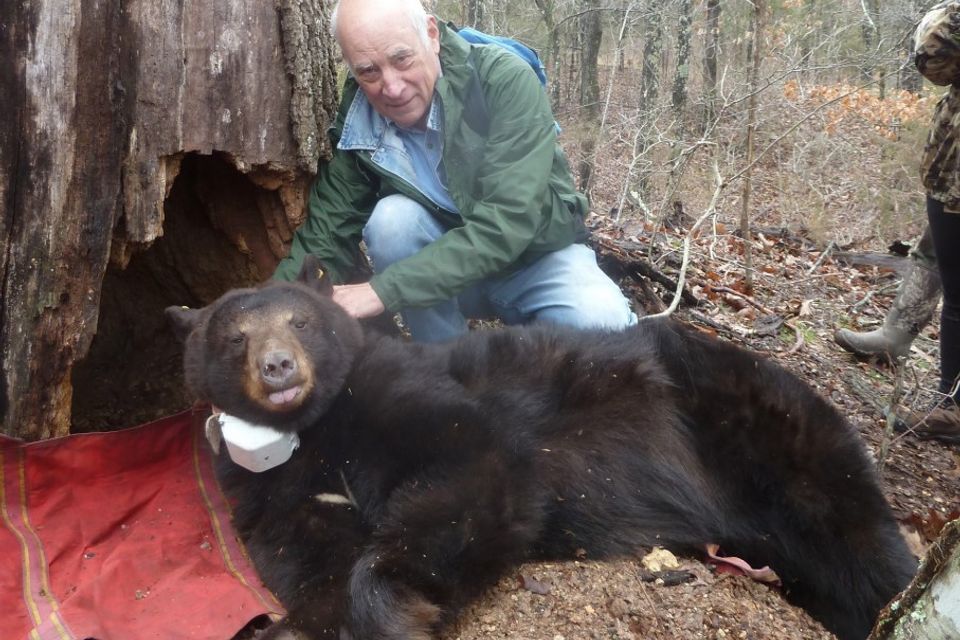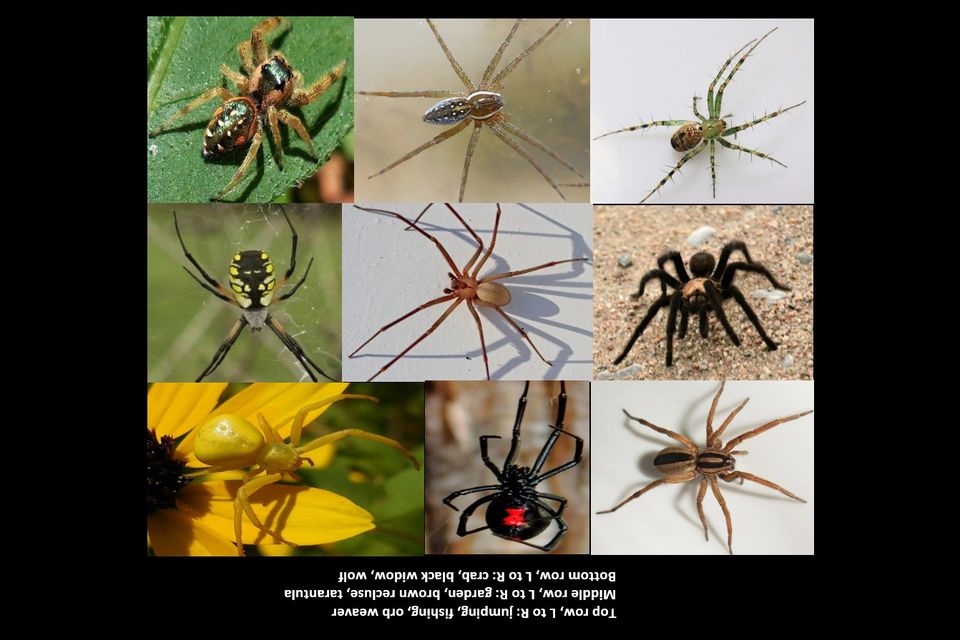Living in Bear Country
An estimated 1,000 bears now inhabit Missouri, according to the Missouri Department of Conservation (MDC). Bob and Barb Kipfer have had close encounters with some of them on property they own on Bull Creek, making them valuable assets in ongoing studies of Missouri’s black bear population.
It began one day when Bob was starting his barbeque grill on their cabin’s raised back deck, and he heard a snort. Directly below him—a bear. He notified MDC, which, as luck would have it, had just begun a study to determine the status of Missouri’s black bear population.
MDC’s large-scale study of Missouri bears bean in 2010 using new technologies. Bears were trapped, sedated, and fitted with GPS radiotelemetry collars and ear tags. By 2019, over 200 bears in the state had been tagged and over 100 collared, mostly females.
Bear movements were also tracked using DNA technology. Barbed wire strung twenty inches high around bait stations caught samples of hair as bears stepped over them. Over time, a bear’s travel profile could be created using multiple DNA samples. Based on findings by 2019, MDC determined that there were well over 600 bears in the state, with the population growing about nine percent annually. Today, we have over 1,000.
Bears travel great distances. A bear named Bruno moved from Missouri through portions of Iowa and Wisconsin before Illinois biologists trapped it and relocated it back to Missouri. In 2016, a bear named “Gummy,” trapped just west of St. Louis, had first been captured south of Springfield. Readings from his GIS collar showed him very close to the Kipfer’s property in September and October, 2014. After being caught and released near St. Louis, he traveled south to Cape Girardeau, then back west to Ava.
Just think about how many highways this bear had to cross.
Bob and Barb were allowed to accompany MDC personnel on some of their trapping expeditions. On one trip, the Kipfers met “Little Dummy,” a bear that had been caught repeatedly. But Little Dummy wasn’t really all that dumb, Bob jokes, noting that the bear was “smart enough to get conservation agents to bring him pastries routinely, then get high on a tranquilizer before waking up and heading to the next trap.”
The Kipfers’ neighbors in Bull Creek country have also had close encounters. One family noticed a bear eating from their dog dish, so they moved the dish closer to the house to get better photos. They got their close-up photo, but when they left for vacation, the bear broke into their house and ransacked the refrigerator. The bear was trapped, but continued causing trouble. He eventually had to be euthanized, thus demonstrating the standard warning: “A fed bear is a dead bear.”
Bob emphasizes that it is people who need to adapt to bears. After all, bears were here first, and once numerous in Bull Creek country. Henry Schoolcraft, who in the winter of 1818-19 traipsed right through property now owned by the Kipfers, reported that bears were very common—so much so that between 1809 and 1811, a man named John Shaw took “300 bearskins and 800 gallons of bear oil.” The oil was highly sought after for making pomade, a stiffener for hairstyles popular in Europe at the time.
As the territory roamed by black bears expands, close encounters with humans are bound to occur more often. Bears are “opportunistic omnivores, like raccoons on steroids,” Bob says. “Birdfeeders, trash, garbage, petfood and beehives all look like a smorgasbord to a bear wandering into what we like to think of as our personal property. Living in bear country requires controlling access to these delicacies. In theory, humans should be more trainable than bears.”
Time will tell, of course, if we will learn to accommodate bears. But there’s little time to waste. Bears are continuing their northward advance, expanding into central Missouri. If you live outside a city and haven’t seen a bear yet, don’t be surprised if it happens soon. Admire them, but keep a respectable distance. Don’t feed them if you can help it. Just take pictures and be proud, like the Kipfers, that you’re a citizen of bear country.




